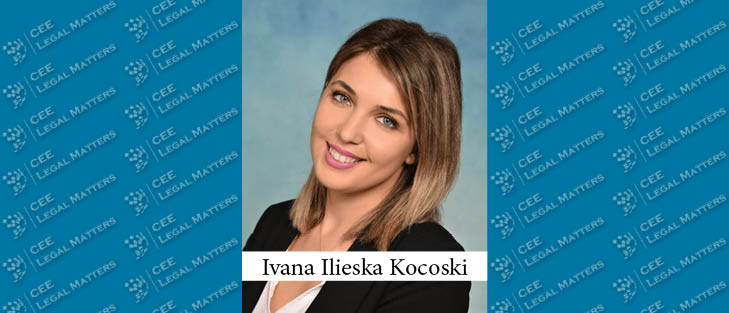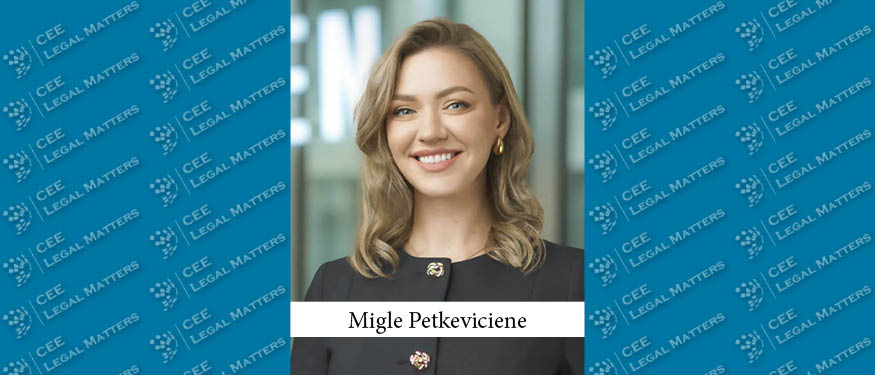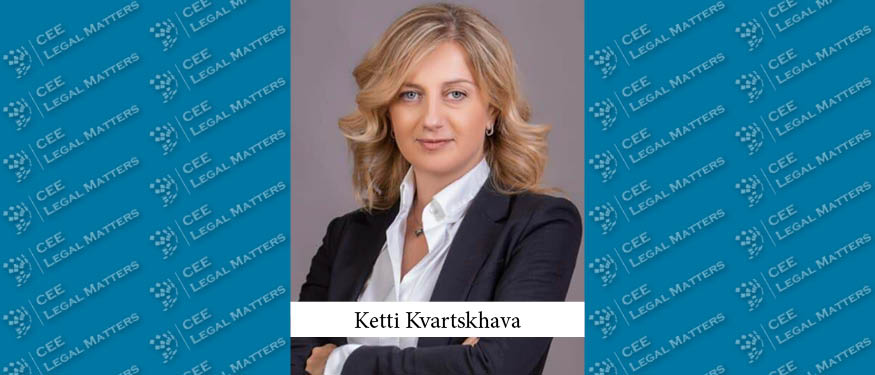The Proposal for the Law on Litigation Procedure has recently been reintroduced for review by the Assembly of the Republic of North Macedonia. As of September 2, 2024, it is now on the agenda of the Commission for Political System and Inter-Community Relations, according to the Ministry of Justice.
Namely, the Draft Law proposes amendments to the Law on Litigation Procedure, which regulates the rules of the procedure on the basis of which the court deliberates and decides disputes about the rights and obligations of citizens for personal and family relationships of citizens, such as labor, commercial, property and other civil-legal disputes.
The primary objective of the Draft Law is to address and resolve issues that have arisen over the years in practice, which have posed challenges or obstacles in the application of the Law on Litigation Procedure.
An important proposal is the introduction of provisions that allow filing of collective lawsuits i.e a procedure for protection of collective interests and rights, allowing associations, foundations, institutions, or other legally established organizations, which are involved in the protection of collective interests and rights as part of their registered or legally defined activities, to file a lawsuit for the protection of those interests and rights, provided they are expressly authorized to do so. This collective lawsuit can be filed against a natural or legal person who, by performing a specific activity or by his/her actions, i.e. omission, seriously injures or seriously threatens such collective interests and rights.
According to the Draft Law, it is also possible to hold public hearings in the litigation procedure electronically, at the court's discretion, in case there is a risk of delay or when there are legal or real obstacles. In a specific case, the court may decide to hold the hearing remotely, using means that provide two-way electronic communication and enable sound and visual display in real time. This may be one of the most significant changes in favor of the principle of efficiency and economy of the litigation procedure.
Furthermore, legal solutions are foreseen in a direction of speeding up the implementation of the special procedure in disputes of small value. Under the applicable provisions at the moment, this litigation procedure features shorter deadlines and structure compared to the regular one. However, despite the shorter deadlines and different procedural rules, the case law shows that small value disputes still experience delays, contrary to the intended quicker resolution. This Draft Law now aims to introduce new measures to significantly expedite these procedures.
Certainly, the Draft Law includes other noteworthy changes, such as foresees a reduction in the amount of the fine for the participants in the procedure, in accordance with the general determination of the Government to reduce the fines. In addition, the electronic delivery is simplified in accordance with the relevant legal provisions for electronic operations in the country, and the submission in electronic form is harmonized.
The proposed law is also harmonized with the law on free legal aid, which specifies that the costs of the procedure of the party beneficiary of secondary legal aid, who succeeded in the dispute, are paid to the account of the Budget of the Republic of North Macedonia.
In summary, significant changes to procedural law are currently under consideration. These proposed modifications are expected to introduce notable innovations in legal practice. However, the true impact and potential benefits of these changes will only become evident through their practical implementation. As these new provisions are applied in real-world cases, they will reveal their effectiveness and the extent to which they enhance procedural efficiency and justice.
By Ivana Ilieska Kocoski, Attorney At Law, Lalicic & Boskoski Law Office













